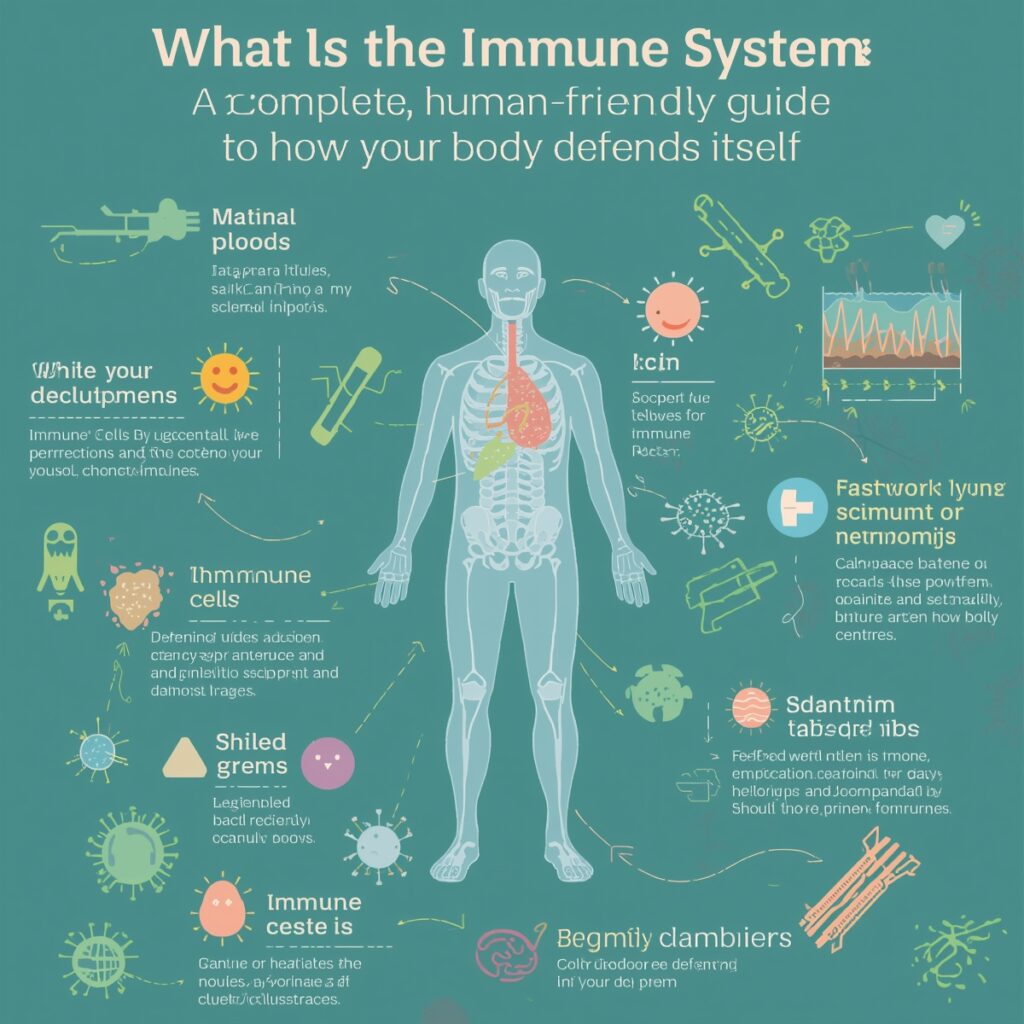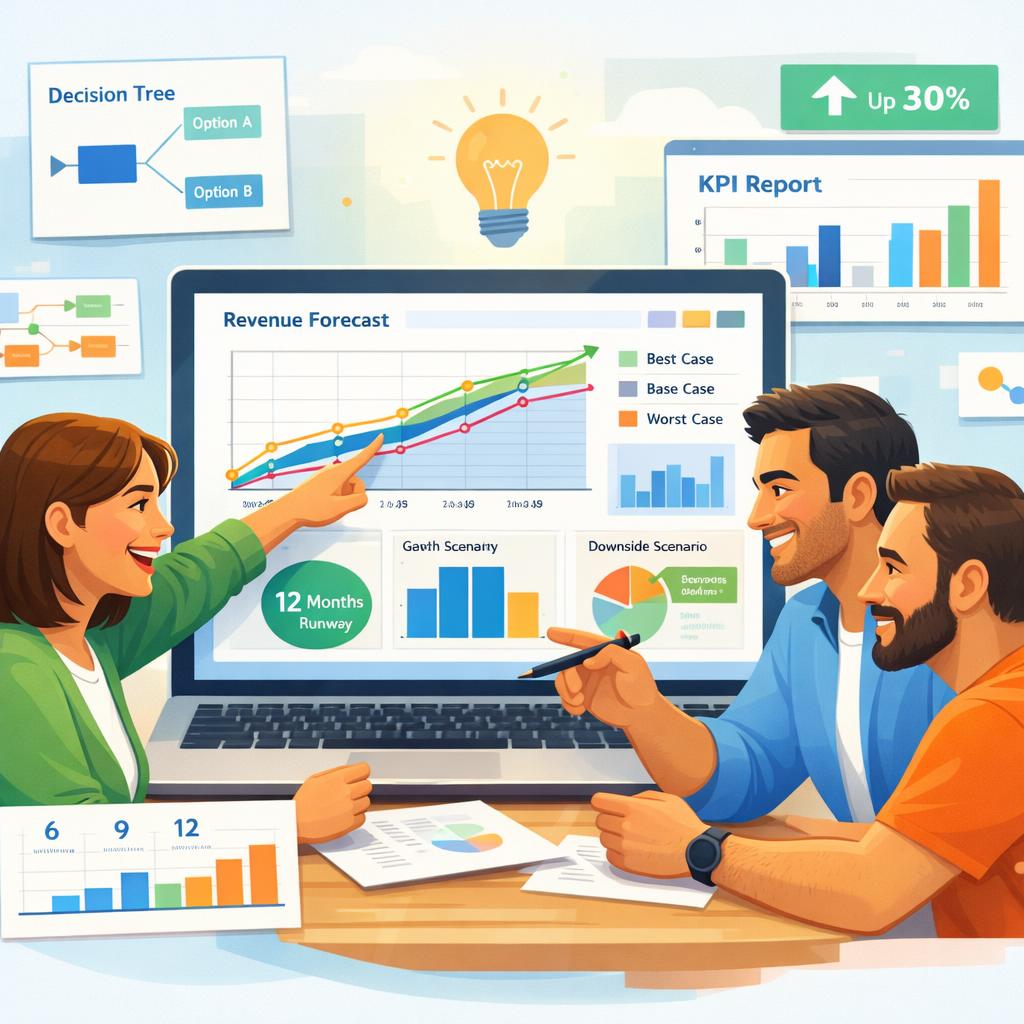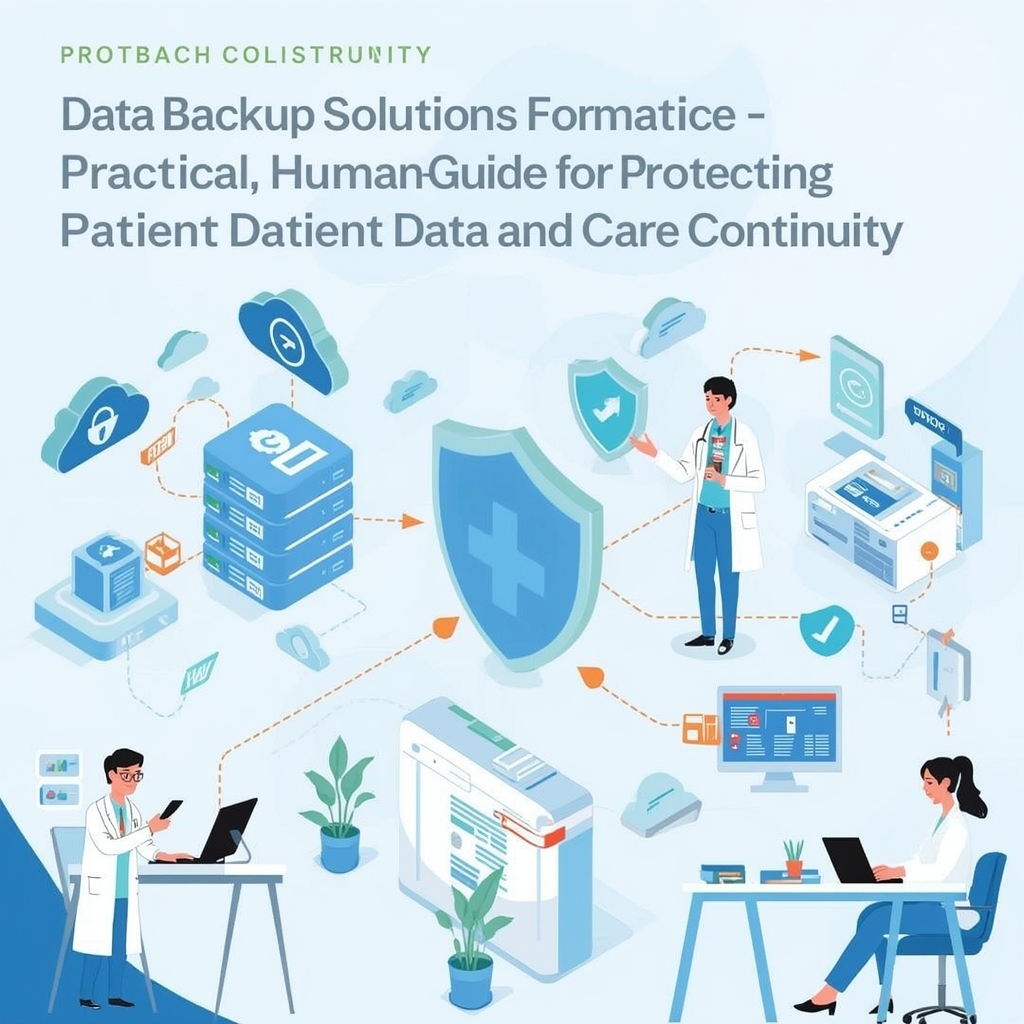Why Sustainable Living Is the Future – A Guide to Greener Choices
Why sustainable living is the future is a question more people are asking as the world faces climate change, rising pollution, and resource shortages. Sustainable living isn’t just a trend—it’s a lifestyle shift that ensures we meet today’s needs without harming tomorrow’s possibilities. From reducing waste to choosing renewable energy and eco-friendly products, adopting sustainable practices helps the planet and improves our quality of life. This article explores why sustainable living is essential, how it benefits individuals and society, and why it has become the foundation of a brighter, greener future.
Understanding Sustainable Living
Sustainable living means making choices that minimize negative impacts on the environment while supporting long-term balance. It’s about using resources wisely, reducing waste, and embracing eco-friendly alternatives in everyday life. In the U.S. and around the world, sustainable living includes things like recycling, eating local food, using renewable energy, and cutting down on single-use plastics. By making small, conscious changes, individuals can collectively create a big impact that supports future generations.
Why Sustainable Living Is the Future
The future of our planet depends on how we live today. Why sustainable living is the future comes down to survival and progress—it reduces pollution, conserves natural resources, and creates healthier communities. As populations grow and resources become strained, sustainable practices ensure we don’t exhaust the earth’s ability to provide for us. More importantly, governments, businesses, and individuals are realizing that eco-friendly living is not just a responsibility but also an opportunity for innovation and resilience.
Environmental Benefits of Sustainable Living
One of the most powerful reasons why sustainable living is the future is its environmental impact. Sustainable choices reduce greenhouse gas emissions, slow climate change, and protect biodiversity. For example, shifting to plant-based diets lowers deforestation, while using solar energy reduces dependence on fossil fuels. By protecting forests, oceans, and wildlife habitats, sustainable living ensures ecosystems remain healthy and capable of supporting life. These environmental benefits make sustainability essential for the planet’s survival.
How Sustainable Living Strengthens the Economy
Sustainability isn’t just about saving the planet—it also fuels economic growth. Green industries, such as renewable energy, sustainable agriculture, and eco-friendly technology, create millions of jobs. Businesses that adopt sustainable practices save money by reducing waste and energy use, while also attracting environmentally conscious consumers. Supporting local products, eco-brands, and clean energy not only helps the environment but also strengthens the economy. This balance between ecology and economy is why sustainable living is the future of growth.
The Social Impact of Sustainable Living
Beyond the environment and economy, sustainability also creates stronger, healthier communities. By reducing air and water pollution, sustainable living improves public health. Urban areas that invest in green spaces and public transportation enjoy cleaner air, reduced stress, and better quality of life. Communities practicing sustainability also foster social equity by ensuring everyone has access to clean water, safe food, and renewable energy. These positive social impacts explain why sustainable living is the future for building fair and thriving societies.
Sustainable Living and Climate Change
Climate change is one of the greatest threats facing humanity, and sustainable living provides practical solutions. By cutting carbon emissions, using renewable energy, and adopting circular economy practices, we can slow global warming. Everyday actions—like reducing energy use at home, driving electric cars, or choosing eco-friendly products—collectively reduce greenhouse gases. Since climate change affects every corner of the world, adopting sustainability is not optional—it’s essential for survival. This global urgency is a clear reason why sustainable living is the future.
Challenges to Adopting Sustainable Living
Despite its benefits, there are challenges to making sustainable living the norm. High costs for renewable energy installations, lack of awareness, and limited access to eco-friendly products can slow adoption. Some people may find it difficult to change habits or fear that living sustainably requires sacrifices. However, with technological advances, government incentives, and increased education, these challenges are being overcome. As costs drop and awareness grows, sustainability becomes more accessible to everyone.
The Future of Sustainable Living
The future of sustainable living is bright. From smart cities powered by renewable energy to zero-waste lifestyles and eco-friendly innovations, the shift toward sustainability is accelerating. Younger generations, especially Gen Z and Millennials, are leading this movement, demanding eco-conscious practices from businesses and governments. With global cooperation, technology, and individual action, sustainable living will shape how we build, consume, and thrive. That’s why sustainable living is the future—it’s not just about survival, but about creating a better, healthier world for everyone.
Final Thoughts
In the end, why sustainable living is the future comes down to one truth: it’s the key to protecting our planet and improving human life. From reducing pollution to boosting the economy and ensuring social well-being, sustainability touches every part of our lives. While challenges exist, the benefits are far greater. By making eco-friendly choices today, we can secure a future where clean air, healthy ecosystems, and strong communities are the norm. Sustainable living isn’t just a choice—it’s our shared path to a brighter future.










